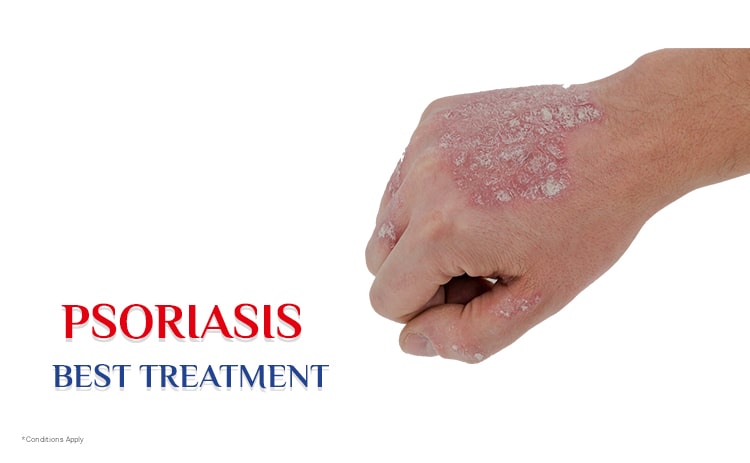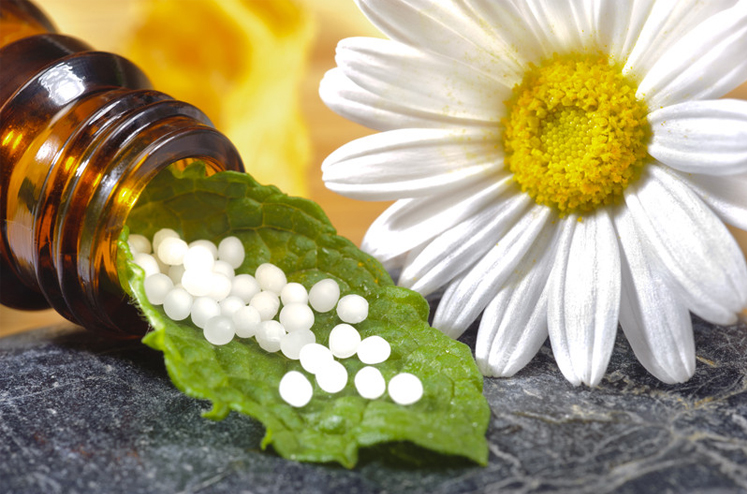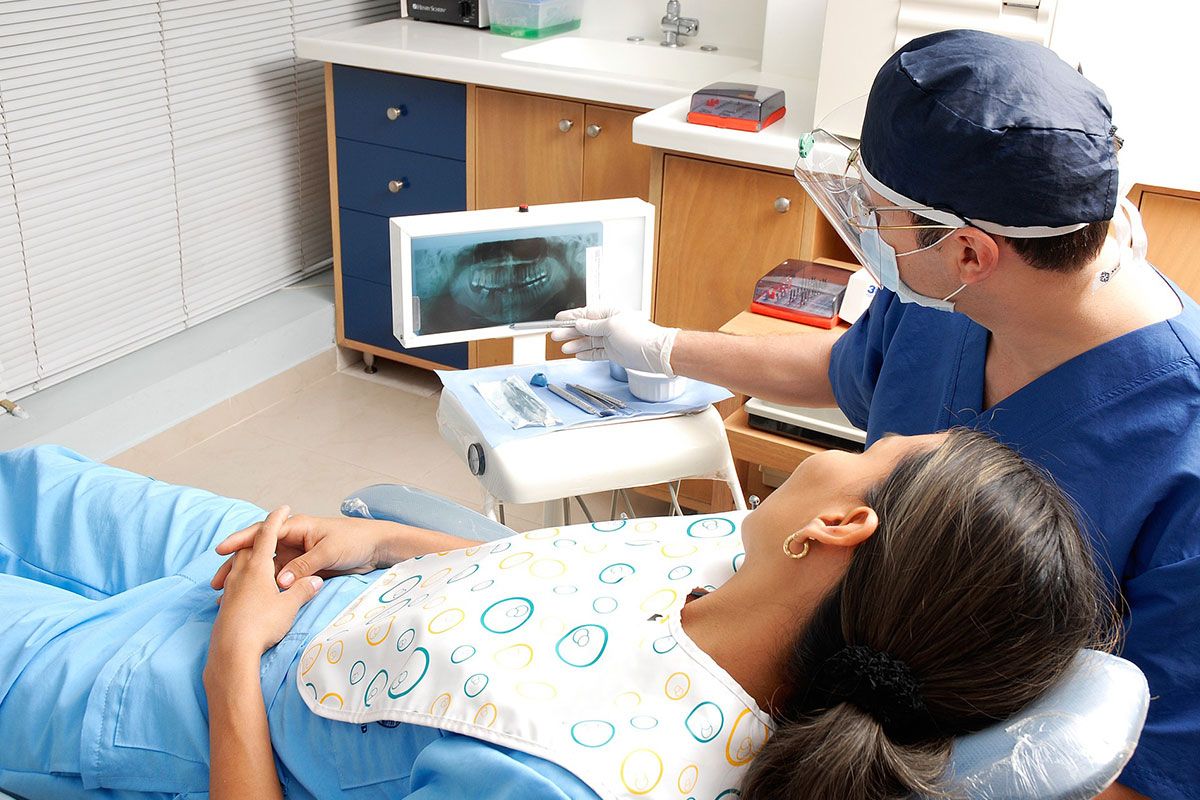
Homeopathy treatment for Psoriasis
Do you have a skin condition that makes you feel ashamed of yourself in public? Do you notice silvery-white scales at the back of your neck or in any other part of your body? Has your dermatologist informed you that you’re suffering from Psoriasis, but you are so curious to learn more about it?
Here, we have provided you with everything you need to know about Psoriasis. Note that no matter how long you have developed it, you will get excellent results with us. You can book an appointment with our experts to get started.
Before we dig deeper, let’s begin by unraveling what Psoriasis is.
What is Psoriasis?
Psoriasis is a chronic skin disease. It manifests as silvery-white scales on a background of reddish inflammatory patches of skin. The silvery-white scales are actually dead skin cells that are shed either by falling off on their own or incessant scratching by the person affected. This skin condition is common enough; it affects 2-4% of the western world’s population. It can occur in any part of the body, but the knees, lower back, scalp, and elbows seem to bear the brunt of it. The “p” at the beginning of the word is silent, and it is pronounced “soriasis.”
How Does Psoriasis Occur?
Scientists believe that Psoriasis occurs due to a problem with the immune system. The immune system is the body’s defense mechanism against foreign agents, but in some instances, it acts against its standard mechanism. People who have Psoriasis produce more skin cells than the average person. The immune system then attacks these cells by mistake. This then results in the rapid growth and death of skin cells manifested as silvery-white scales on reddish inflammatory patches on the skin.
Evidence indicates that genetics is a psoriasis cause; it plays a role in this condition, although just how much is as yet unclear.
Finally, this skin condition almost always has a particular event that kickstarts or worsens it. This event, otherwise called a trigger, can be anything from anxiety, throat infection, and skin injury to the use of certain drugs, mental trauma, alcohol, and fever.
**Results may vary from patient to patient
How Do We Recognize Psoriasis?
Psoriasis is easily identifiable, especially by a GP, based on the skin’s appearance: a silvery-white scale with a reddish border patch. Under certain circumstances, a small skin sample will be forwarded to a laboratory for an examination (referred to as a biopsy) to determine just which type of Psoriasis it is and to eliminate the possibility of another skin disorder such as lichen planus, simplex, and seborrheic dermatitis.
Under normal circumstances, Psoriasis does not cause itching. However, when elements such as mental stress and lichenification are introduced, patients will experience itching.
The following features can further help you identify Psoriasis:
- Candle-grease sign (Tache de bouge) – a candle-grease-scale is released when the psoriatic eruption is scratched with a pointed tool.
- Auspitz sign – Upon removal of the psoriatic scale, a pinpoint bleeding occurs referred to as Auspitz sign.
- Koebner’s phenomenon – This is when the scratching of the psoriasis scales results in lesions.
To confirm whether you have Psoriasis or not, visit Positive Homeopathy, and book an appointment
Where Does Psoriasis Affect?
Psoriasis can occur on any part of the body. Different psoriasis types have different parts where they manifest the most. However, it is usually found on extensor surfaces such as the back of elbows, front of knees, and the lower part of the back. Most types of Psoriasis involve the scalp as well. Also, the nails, palms, and soles get affected. On rare occasions, mucous membranes also manifest this disorder.
What Types of Psoriasis Are There?
There are different psoriasis types; however, the five below are the most common.
- Plaque Psoriasis
Plaque psoriasis is the most common form of this disorder. It manifests as silvery-white scales on a background of raised, red eruptions. It is often found on the scalp, front of knees, back of elbows, and the lower back. People who suffer from this form of the disease often experience itchiness and pain. Also, it can crack and bleed. - Guttate Psoriasis
This psoriasis type manifests as small, dot-like lesions on the body. It mostly occurs in children and young adults. It is the second most prevalent form of this disorder, with about 10% of all psoriasis patients developing it. It often occurs on the arms, legs, and trunks and can be triggered by a strep infection. - Inverse Psoriasis
This type of Psoriasis is usually accompanied by any of the other forms. It appears as red lesions in areas of the body that fold, such as behind the knees, in the armpits, in the groin, and under the breasts. It sometimes has a smooth and shiny look to it. - Pustular Psoriasis
Pustular Psoriasis usually occurs on the hands or feet. It manifests as pustules with a border of red patches. The pustule is composed of white blood cells, although it is neither an infection nor is it contagious. - Erythrodermic Psoriasis
This psoriasis type is one of the most severe forms of the disorder. It appears as reddish scales spread over most of the body. This form of psoriasis is usually very itchy and painful. It also usually results in the skin being shed off in sheets. It is a rare form that occurs in just about 3% of people who develop Psoriasis. It can be life-threatening. If you ever find yourself exhibiting related symptoms, consult a professional immediately!
What Can Psoriasis Cause?
When left untreated, Psoriasis can result in unwanted complications. For instance, approximately 30% of people who develop this disorder go on to develop psoriatic arthritis, which can eventually result in permanent joint damage. Additionally, erythrodermic Psoriasis can have life-threatening consequences if untreated.
Psoriasis causes disturbing social and emotional impacts on patients; some people have developed low self-esteem as a result.
The disorder can also intermingle with eczema, thereby resulting in more exfoliation and, consequently, severe itching.
In conclusion, Psoriasis is a condition that should not be trifled with.
How Do I Treat Psoriasis?
There is no effective psoriasis treatment in conventional medicine, and most patients end up being disappointed after consulting with doctors. What should be done, then, considering the many negative impacts psoriasis causes patients afflicted with it? The best thing to do is to opt for homeopathy. Homeopathy has been noted that health is a skin disorder and also prevents the possibility of recurrence.
If you are a patient afflicted with this disorder or know a patient afflicted with it, your best chance is to consult with a homeopathic doctor, and then follow their instructions. You can expect to be given instructions as to diet, as well as a regimen, all of which will help you recover from the disorder.
It should be noted that homeopathic medicine does not have side-effects: it is safe to use, non-toxic, and non-addictive. You should also note that the homeopathic treatment of this disorder can occur anywhere, whether at home or in the office. At no time will hospitalization be required, even if the disorder is severe.
Due to all of these, it is safe to declare homeopathic treatment the best for psoriatic arthritis and psoriasis treatment.
Book an appointment with us today and start your journey to recover!
Frequently Asked Questions
How do you develop Psoriasis of the skin?
Psoriasis occurs as a result of the immune system attacking and killing otherwise healthy skin cells. The sheer volume of these dead cells subsequently results in silvery-white scales surrounded by raised, red patches of skin. There are different forms of the disorder, and each has its symptoms. The disorder can occur in all parts of the skin, although it is mostly manifested on the knees, elbows, and scalp.
What is responsible for guttate Psoriasis?
Guttate Psoriasis can be a result of genetic dispositions; in fact, people with a family history of the disease have a higher chance of developing it. It might seem to appear out of the blue because strep infection, which triggers it, and other viral or bacterial infections that may have a hand in it sometimes occur without exhibiting any symptom.
Duration of Homeopathy Treatment for Psoriasis
Homeopathic treatment for psoriasis is explicitly developed for every person. As such, it is impossible to state a uniform period that treatment for the disorder will take. However, a few observations are made: Duration and recovery mostly depend on the duration of onset of the disease, the treatment history before approaching homeopathic doctor, and the complications if any developed. In all, sooner, the patient consults homeopathic doctor faster the recovery.
Diet During Treatment
To properly and effectively treat psoriasis, it is essential to maintain a healthy diet. Maintaining a healthy diet involves the following:
- Eat a lot of healthy meals such as fruits, vegetables, and lean meat
- Reduce your carb intakes such as white bread, sugar, and pastries
- Avoid food with a high-fat content
- Eat meals with a high vitamin D content
- Strictly avoid alcohol as it is found to be an exciting factor and in some patients, maintaining a factor for psoriasis to be stubborn.
Related Diseases In The Presence Of Psoriasis
Psoriasis can sometimes come with health complications. And leaving the disorder untreated can result in their manifestation. These diseases include the following:
- Psoriasis arthritis
- Pregnancy complications
- Polycystic ovarian syndrome
- Depression
- Heart disease
- Cancer
- Metabolic syndrome






